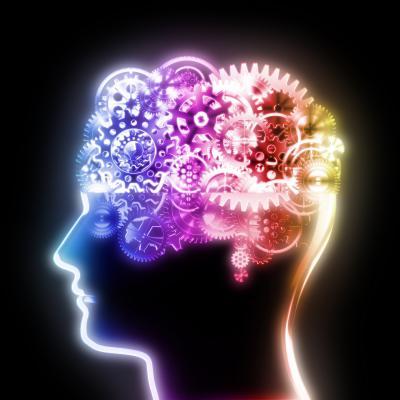
FreeDigitalPhotos.net
If a change in brain chemicals can trigger depression then we have a solid foundation to place blame. If this chemical imbalance which we are not able to control can create a mental illness, then the stigma of depression would surely be beaten?
Does a chemical imbalance cause depression?
For years it has been believed that yes, this was the case, although psychiatry researchers have begun to question this theory, which is another blog post altogether.
You have most likely come across the saying that a “chemical imbalance in your brain” has caused your depression and there are many drugs on the marked that treat this imbalance of chemicals.
A healthy person will have a certain level of brain chemicals that are scaled as being the “normal” amount, when something happens to upset these chemicals, a chemical imbalance occurs. An imbalance in brain chemicals can trigger mood disorders, amongst many other changes.
Depression Is A Symptom Of A Chemical Imbalance
Depression occurs when the brain chemicals have been changed; therefore depression is a symptom of a chemical imbalance.
It is believed that a chemical imbalance in the brain, (neurotransmitter imbalance) causes mental illness and psychiatric illness.
We know that depression can be triggered by social factors, when we lose a loved one, we lose a job; have financial difficulties and relationship breakdowns are amongst the few that are most common. Depression is also thought to be triggered by this so called chemical imbalance. Do brain chemicals play as much a part in depression as other social factors?
Do You Believe A Chemical Imbalance Causes Depression?

